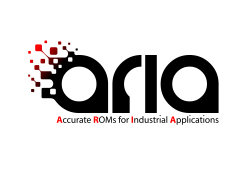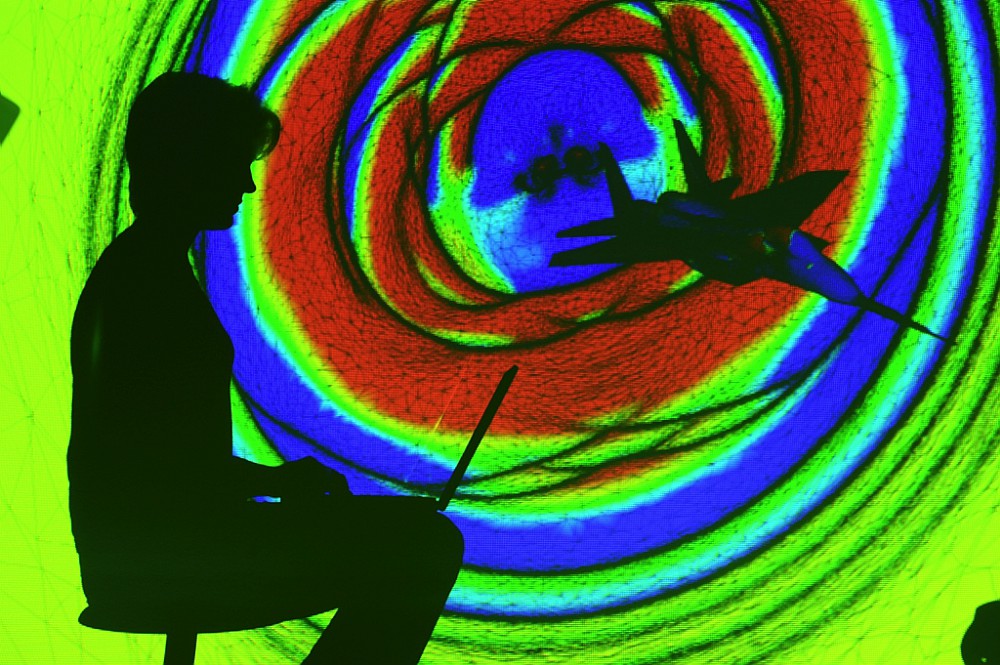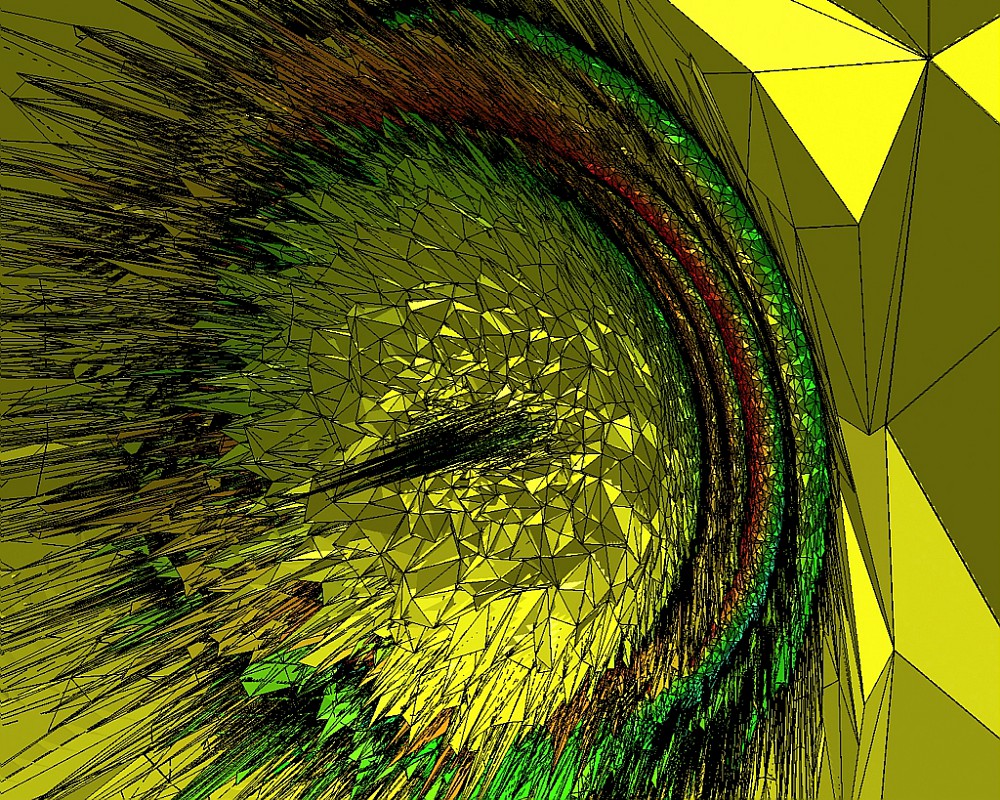About ARIA
ARIA stands for Accurate Roms for Industrial Applications and is a five-year project financed by the H2020-MSCA-RISE-2019 of the European Commission under the Grant Agreement No 872442 . It started in December 2019 and will end in November 2024. ARIA is coordinated by Inria Bordeaux, it brings together 13 beneficiaries from across Europe and three partners in the United States.
ARIA Secondments
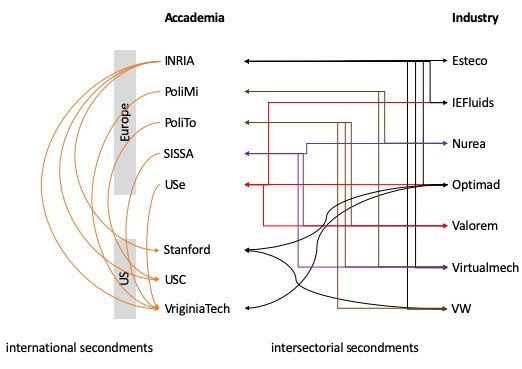 |
Participants to ARIA project will exchange skills and knowledge through secondments and thematic workshops, which will allow them to progress towards key advances in modeling multi-scale nonlinear physical phenomena. This project will strengthen collaborative research between different countries (France, Germany, Italy, Spain) and sectors fostering applications in industrial flow control and optimization, and computer assisted surgery. Advances in flow control and optimization will have potential market opportunities for non-academic participants in the project towards greener terrestrial vehicles, more efficient wind farms, revolutionary cost-efficient prediction software’s, and decision-making support tools for diagnostic and prognostic of vascular diseases, with a significant benefit for European society. |
ARIA Members
ARIA: an international collaboration for shared culture of research and innovation
The ARIA consortium has a balance of different types of organization that will aid the integration of the new knowledge yielded by the project into industry. The consortium brings together 5 leading EU universities, 3 top universities in the USA, 1 research organization, 6 SMEs and 1 large car company. All have a relevant experience in the field of numerical modelling and are recognized experts in these fields.
 |
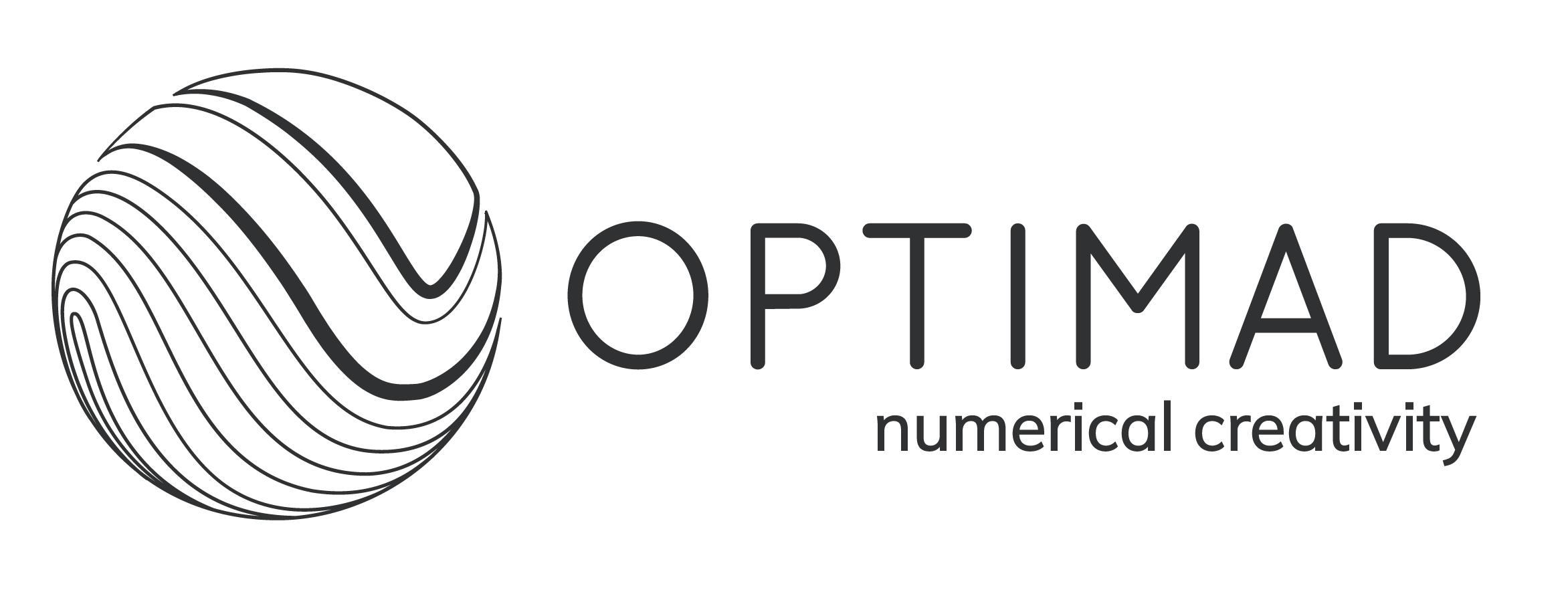 |
 |
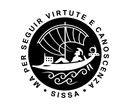 |
|
 |
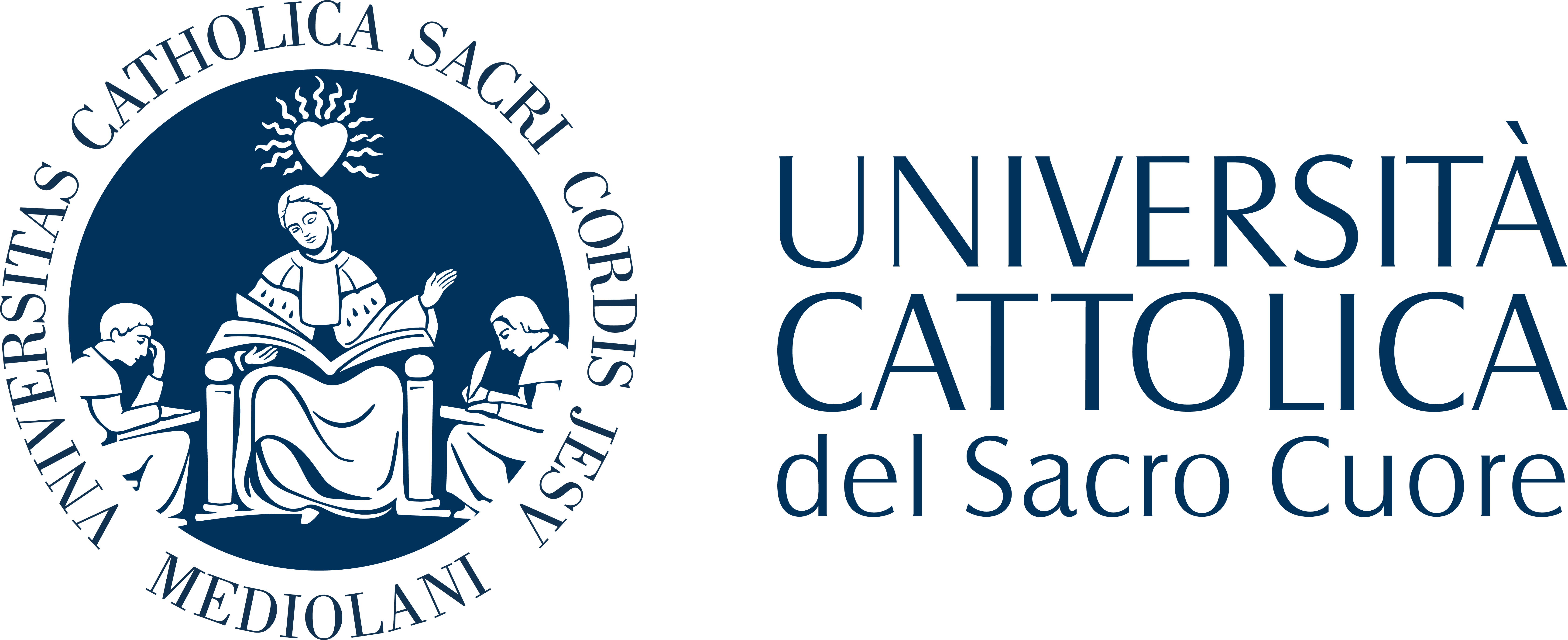 |
 |
 |
 |
 |
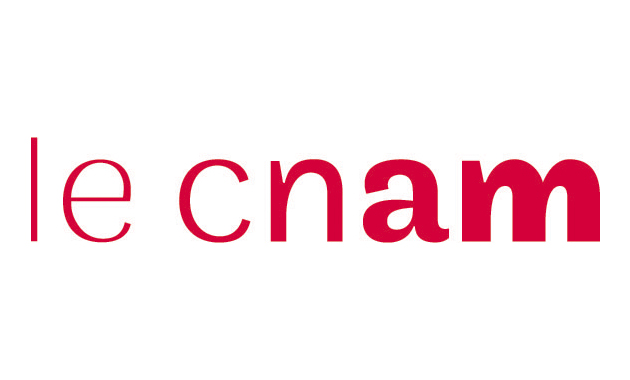 |
 |
||
 |



